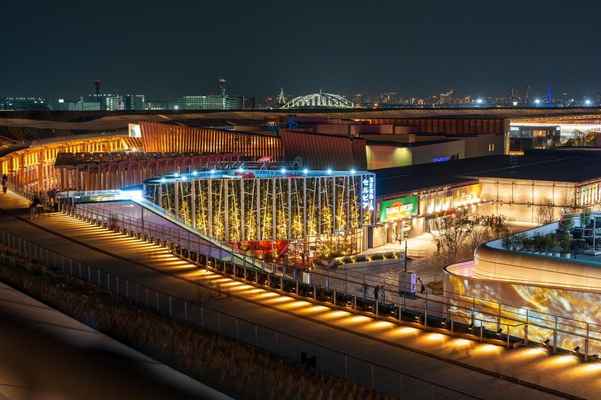
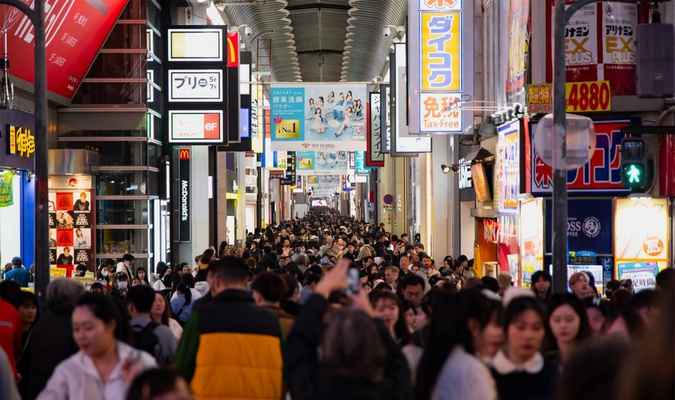
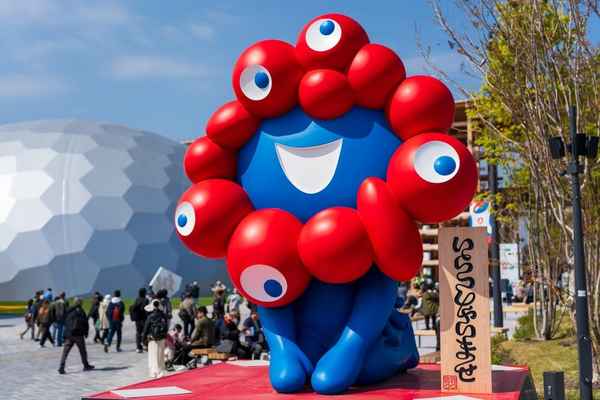
Osaka
Asia
/
Japan
/
Osaka
Located in Japan's Kansai region, Osaka is a lively metropolis where you can watch old traditions blend with modern innovation. This coastal city has varying seasons with hot summers and cool winters, making it a year-round destination. In spring, pink cherry blossoms cover the city, while fall brings colorful leaves in the parks and temples.
Often called "Japan's Kitchen," food is at the heart of Osaka's living culture, and the locals are renowned for their friendly nature and witty humor. They differ significantly with their more reserved Tokyo counterparts. The local phrase "kuidaore," translated as "eat until you drop," is a testament to the city's love for food and fun.
Dotonbori, the city's pride, is an entertainment hub characterized by large 3D billboards that light up the night, and street food vendors selling Osaka favorites like octopus balls (Takoyaki) and deep-fried skewers (Kushikatsu). Contrasts come in the form of Osaka Castle, which offers a serene getaway with its exquisite architecture and a tranquil park.
Get the true Osaka experience by visiting Kuromon Ichiba Market—the food enthusiast's paradise—and the Osaka Aquarium Kaiyukan. This market offers fresh seafood and local favorites, and the Aquarium is one of the biggest globally, showcasing marine life from the Pacific Rim.

Get to Know Osaka
Take a tour of this destination's highlights

Travel Tips for Osaka
What you need to know before traveling here
Getting Around Osaka
A guide to Osaka's local transportation
Osaka's sophisticated subway system connects every corner of the city. You can acquire an ICOCA card or a 1-day pass at ticket machines. Stations have easy-to-understand English signs, and trains operate from 5 AM to midnight. Color-coded lines ensure easy navigation even for newcomers.
Practical Tips for Osaka
Things to prepare and best way to visit
Osaka has beautiful scenery and mild weather during March-May (spring) and October-November (fall). Steer clear of July-August due to high humidity and December-February if you aren't fond of cold weather.
In general, Osaka is about 10-15% less expensive than Tokyo, particularly in terms of food and accommodation. Street food usually costs between ¥500-1000, while dining in mid-range restaurants averages between ¥2000-4000 per person.
Osaka has commonly used English signs in stations and tourist-rich areas. While learning some basic phrases could be useful, it's not mandatory. Consider carrying a translation app for complex situations.
Ideal for first-timers, the Namba or Dotonbori districts provide easy access to food, shopping, and transport facilities. These areas are lively at night and offer quick routes to key attractions.
Take the express train—it is a 45-minute ride and costs ¥1400, or choose the airport limousine bus—taking between 50-70 minutes and costing ¥1000. Taxis are an alternative, but they are more expensive (¥20000+).
See All Practical Tips for Osaka

Explore Osaka
Create your itinerary with our top picks below

Get to Know Osaka

Travel Tips for Osaka

Explore Osaka
More Destination Near Osaka


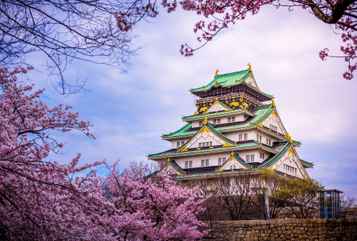

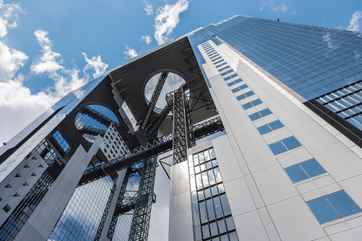
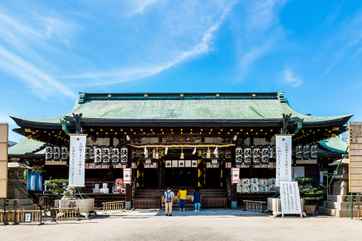















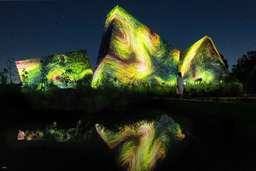


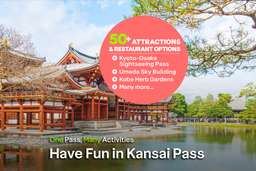


![Combo Tickets: Osaka Ukiyo-e Museum Admission Ticket & [Digital Special Ticket] Osaka Metro & Osaka City Bus Pass, 358.927 VND](https://ik.imagekit.io/tvlk/xpe-asset/AyJ40ZAo1DOyPyKLZ9c3RGQHTP2oT4ZXW+QmPVVkFQiXFSv42UaHGzSmaSzQ8DO5QIbWPZuF+VkYVRk6gh-Vg4ECbfuQRQ4pHjWJ5Rmbtkk=/8374156522237/Combo-Tickets-Osaka-Ukiyo-e-Museum-Admission-Ticket-Digital-Special-Ticket-Osaka-Metro-Osaka-City-Bus-Pass-341a101c-7f28-44cf-8e69-c8092c270d19.jpeg?_src=imagekit&tr=c-at_max,h-456,q-60,w-256)









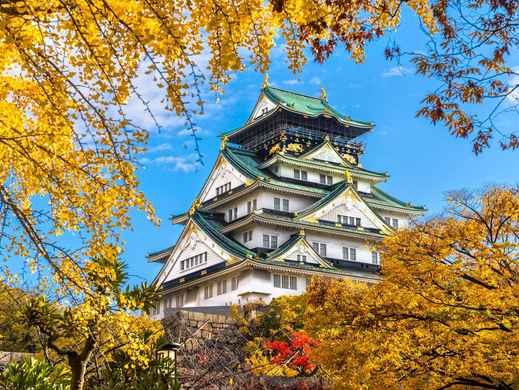






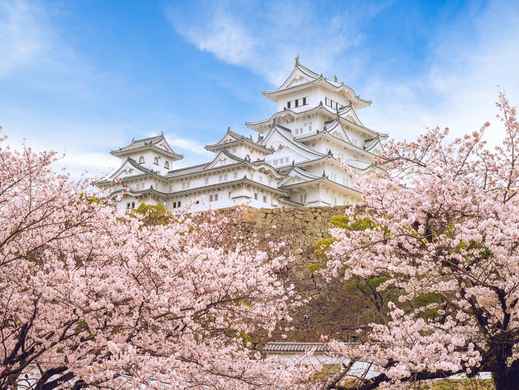
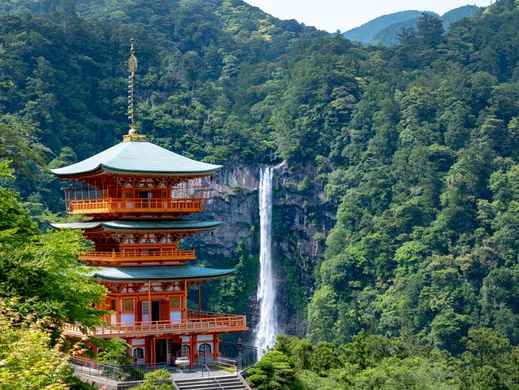

 Facebook
Facebook Instagram
Instagram TikTok
TikTok Youtube
Youtube Telegram
Telegram
